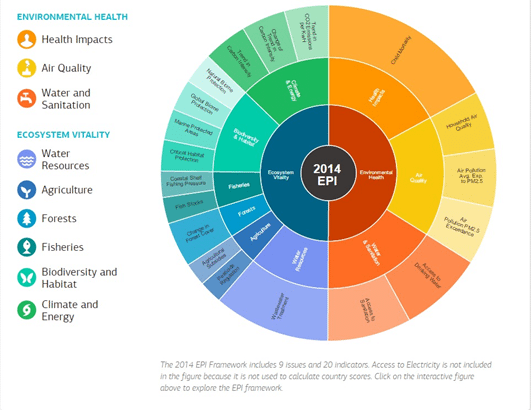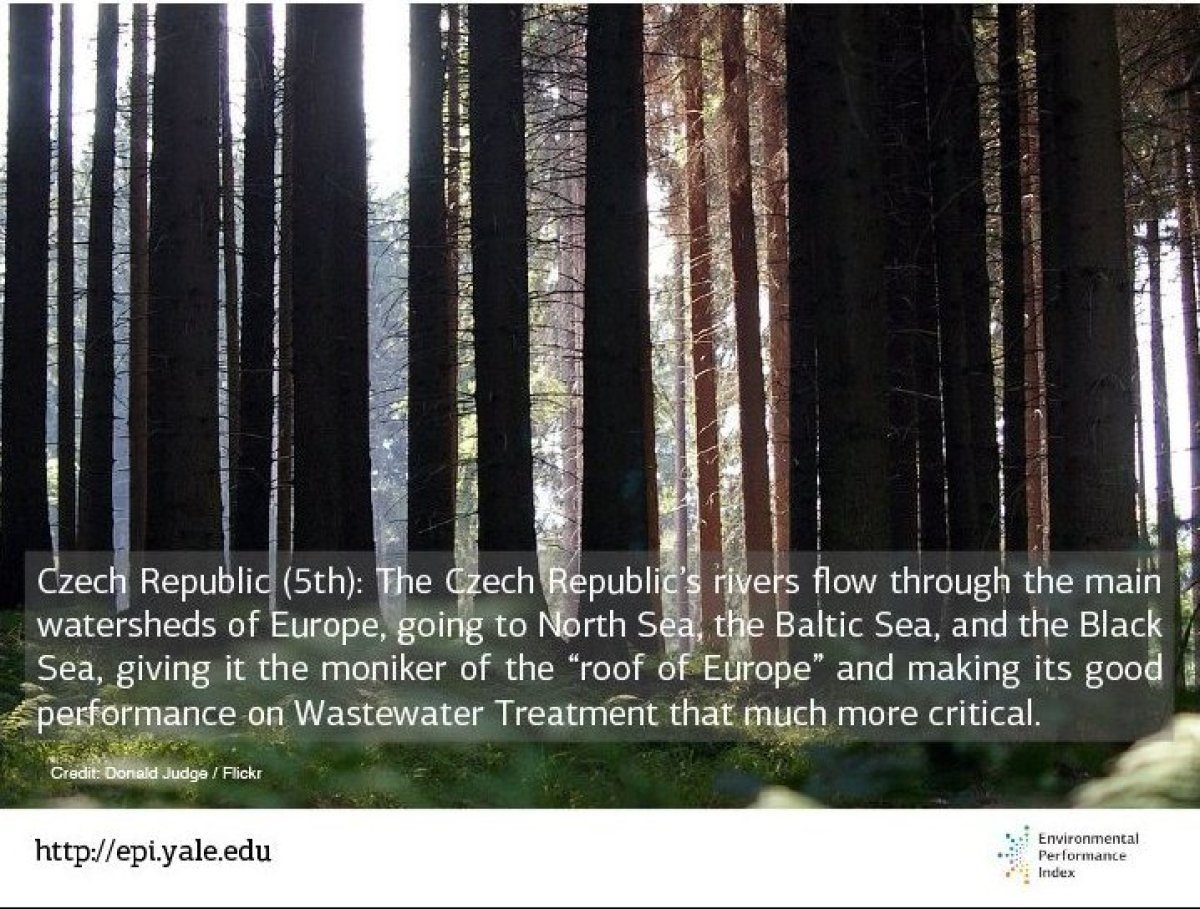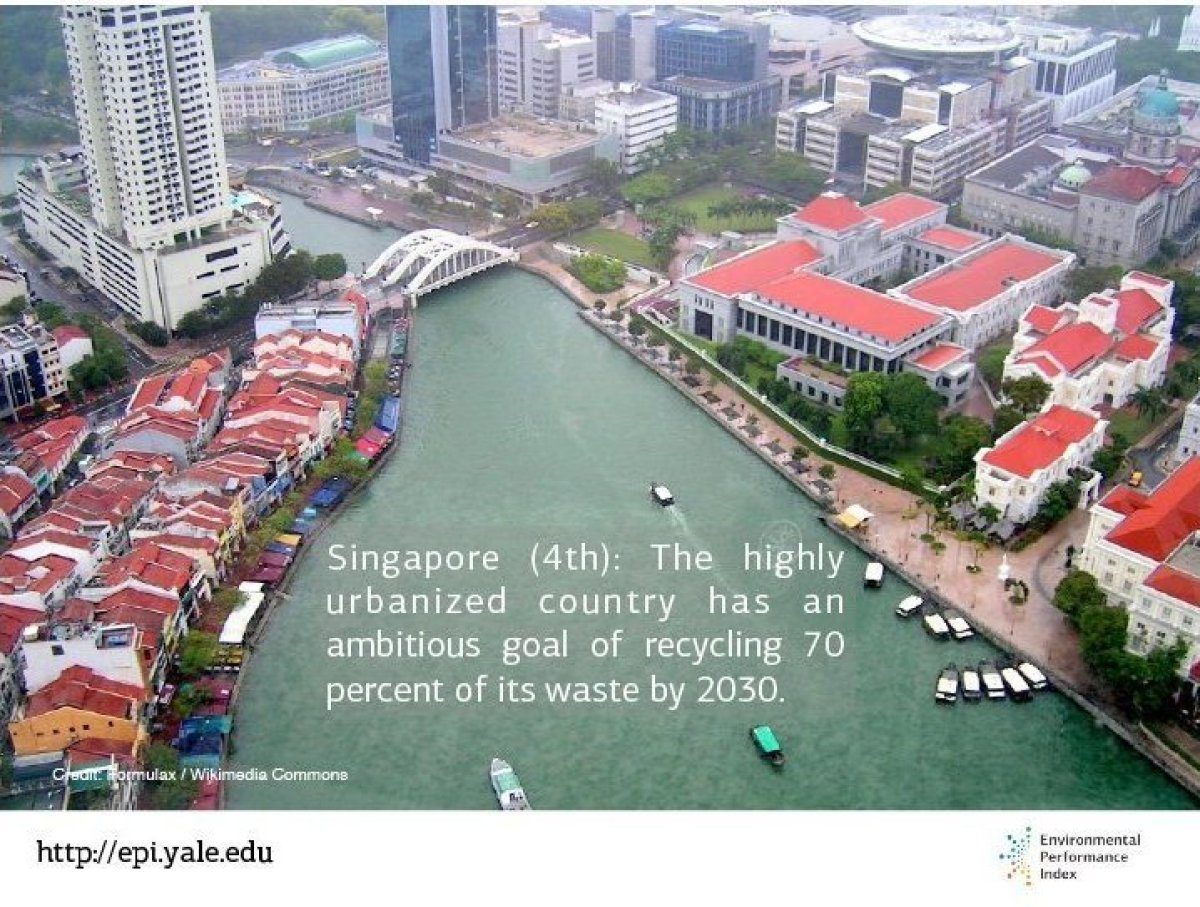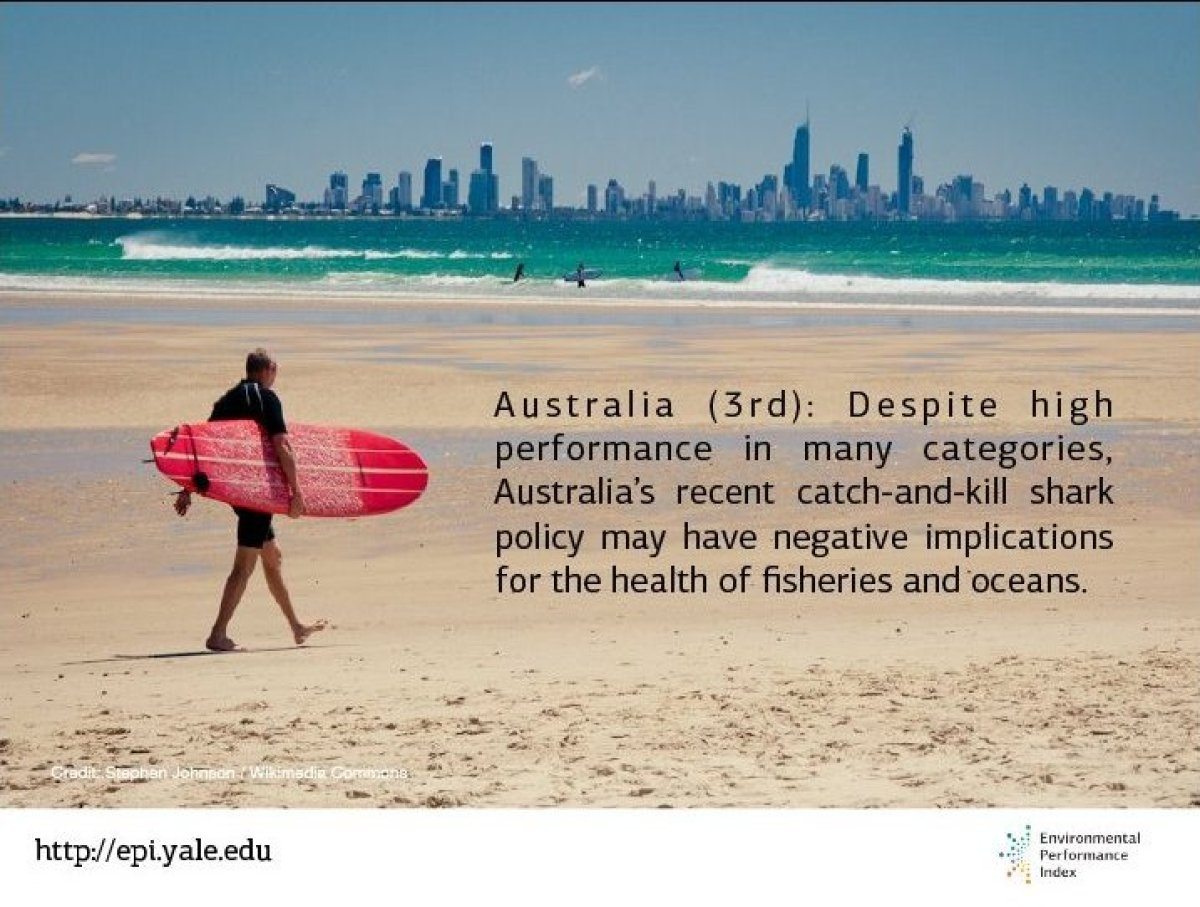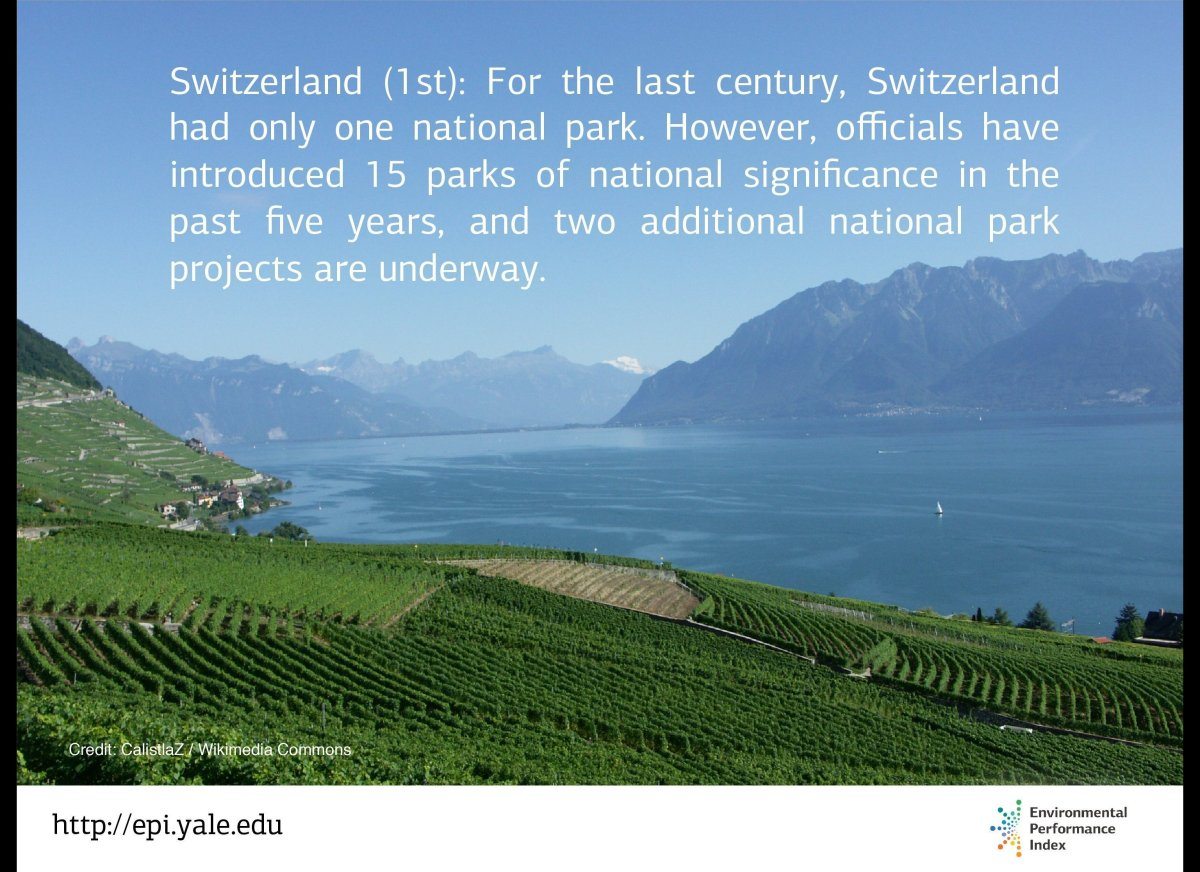Today, thinking about sustainable living is one of the only ways to picture a future for all of us on Earth.
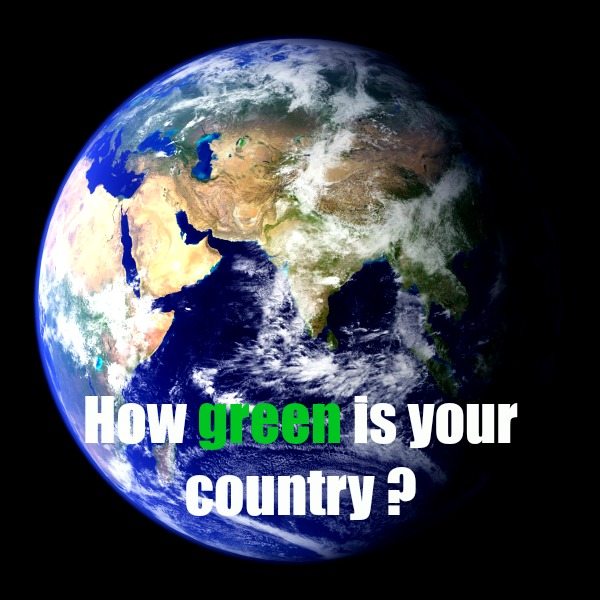
On a small scale, individuals can try to limit their carbon footprints by recycling, using renewable power and buying and consuming local and organic products. But what about the bigger picture – the habits of the neighbourhoods, the communities, the countries we live in?
To help answer that question, the Yale Center for Environmental Law & Policy (YCELP) and the Center for International Earth Science Information Network (CIESIN) at Columbia University partnered with the World Economic Forum to come up with the Environmental Performance Index. Released every two years, the EPI is a list of ranked countries in the world according to their performance on priority environmental issues.
How does it work?
The Environmental Performance Index ranks countries on criteria evaluating environmental health and ecosystem vitality – like air quality, fisheries management, and protection of critical habitats. You can find out more about the ranking method here.
So where does Australia stand?
10. Norway – 78.04/100
9. Sweden 78.09/100
8. Austria – 78.32/100
7. Spain – 79.9/100
6. Germany – 80.47/100
5. Czech Republic – 81.47/100
From 18th in 2012 to 5th position this year, the performance of the Czech Republic breaks down perceived barriers to sustainable living. The Czech Republic’s main developments have been in agriculture thanks to pesticide regulations, as well as an improvement in air quality.
4. Singapore – 81.78/100
Singapore has also seen great progress in the last decade, moving up from 28th in 2010. With stricter pesticide regulations and improved access to sanitation for residents, Singapore has set itself up to be the Switzerland of Asia.
3. Australia – 82.4/100
Australia too has seen great improvement in the last ten years – ranking well in 2014 due to an increase in protected areas and reduced child mortality. But while we rank highly on health and biodiversity indicators, Australia’s agricultural subsidies bring our agriculture ranking to among the lowest.
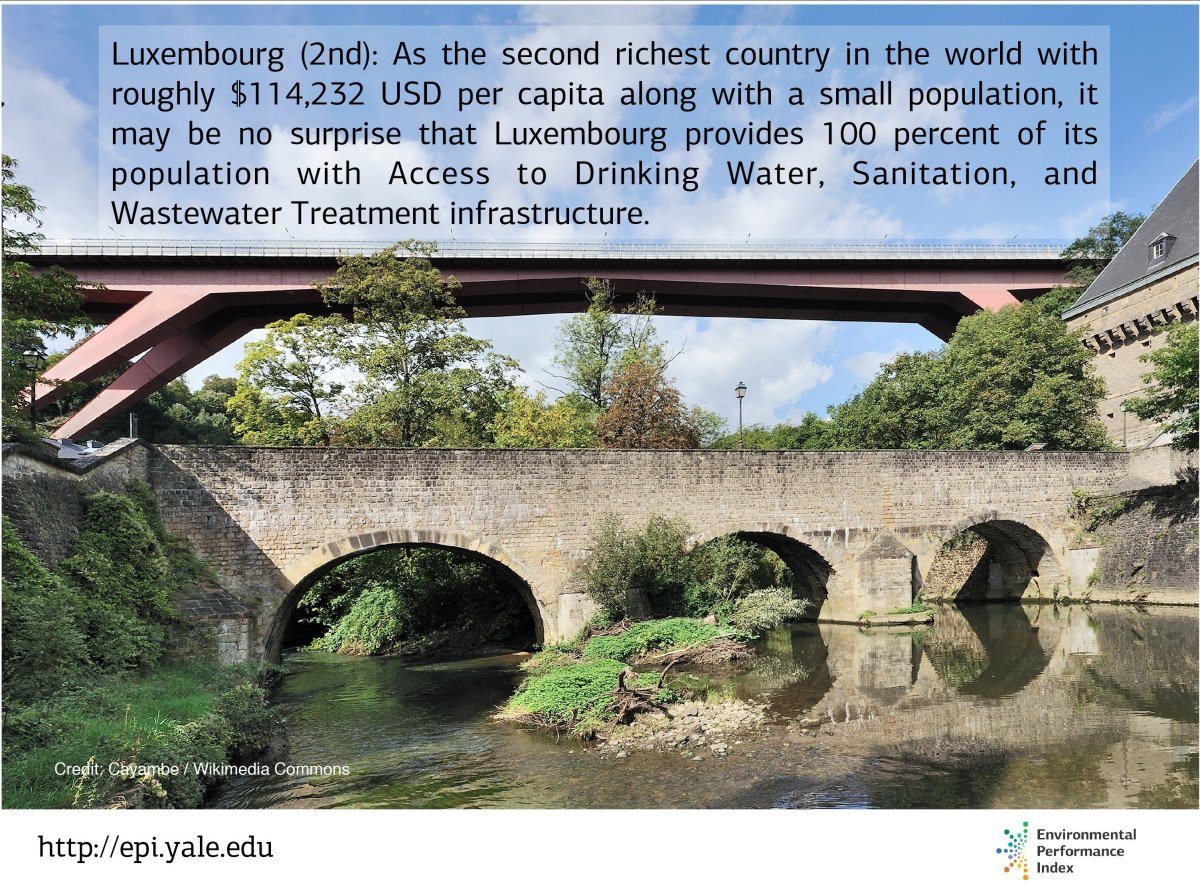
2. Luxembourg – 83.29/100
In contrast, Luxembourg has made progress on agricultural subsidies and brought their total rank up two places since 2012. Luxembourg achieved an incredible decrease in air pollution, likely thanks to the modernisation of transport, the development of cycling paths and the increasing acquisition of hybrid cars.
And the winner is…
1. Switzerland – 87.67/100
The country of delicious Emmental cheese and incredible tasty chocolate has been number one since 2012 and looks to have no intention of shifting. With scores of 100 in the health, water sanitation and biodiversity categories, Switzerland is at the top of the class.
While the top ten countries right now are almost exclusively European, Singapore and Australia are proof that massive improvements can be made in a matter of years. Who knows what the ranking will look like in two years!

